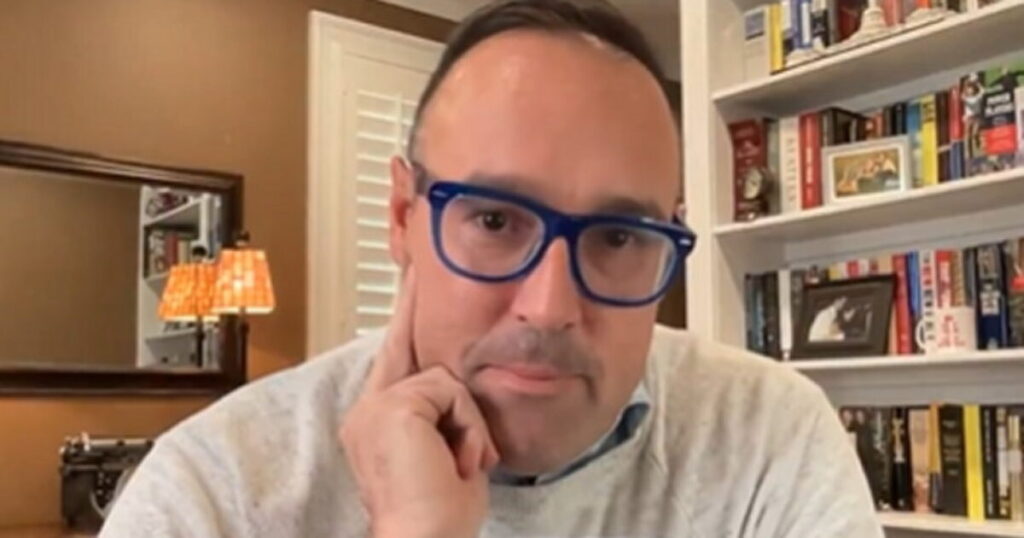Former CNN host Chris Cillizza has publicly apologized for previously dismissing concerns about President Joe Biden’s mental health, a topic many perceived as apparent long before he acknowledged it. The apology is notable in the context of media treatment surrounding discussions of Biden’s age and cognitive abilities, where journalists often silenced dissenting opinions to uphold a narrative favorable to the administration. Recently, critical reports from prestigious outlets like The New York Times and The Wall Street Journal prompted Cillizza to confront his past complacency regarding Biden’s evident decline, leading him to confess a lack of journalistic diligence.
In his YouTube apology, Cillizza revealed his internal struggles as a reporter, stating, “I should have pushed harder earlier for more information about Joe Biden’s mental and physical well-being and any signs of decline.” This admission came after he faced regular prodding from Republican critics who questioned why he had not taken Biden’s health seriously during his tenure at CNN. Cillizza admitted to dismissing these concerns largely because he hadn’t personally observed enough evidence to validate them, aligning instead with the information provided by the Biden administration.
Furthermore, Cillizza’s self-reflection included the recognition that he had engaged in what he called “age shaming” of Biden. This revelation hints at the complex interplay between age, health, and political perception in the media, particularly in how journalists frame discussions around politicians. While it appears he has come to terms with his oversight, the timing of this revelation raises questions about the integrity of political journalism and whether the standards for scrutiny differ across partisan lines.
The reaction to his apology has been mixed, with many commentators expressing skepticism about its sincerity and effectiveness. Various social media users responded with harsh critiques, suggesting that his contrition comes too late to be of any real use. Comments ranged from accusations of Cillizza being a “DNC propagandist” to others emphasizing that his past neglect of critical issues illustrates a broader trend in journalism failing to hold public figures accountable when necessary. This skepticism highlights a growing frustration with media figures who, in the eyes of the public, often fail to fulfill their responsibility to provide unbiased and thorough reporting.
Critics point out that the essence of journalism lies in delivering timely and meaningful news to the public, an aspect Cillizza’s prior coverage seemed to overlook. Apologizing now, after major developments force the issue into the public eye, feels inadequate to many. His acknowledgment may resonate with some as an admission of guilt, but many others remain unconvinced, cautioning that the media may quickly revert to partisan trends in future reporting.
Ultimately, Cillizza’s apology illustrates a significant moment in contemporary media discourse, reflecting the ongoing struggles within journalism to balance political bias and impartiality. As discussions around political health and capability become increasingly crucial, conventional media practices will be scrutinized by both audiences and critics. While Cillizza may seek redemption for his earlier lapses, the broader implications of his admission speak to an urgent need for journalists to prioritize transparency and accountability in their coverage, leveling a critical lens on all political figures regardless of party affiliation.

